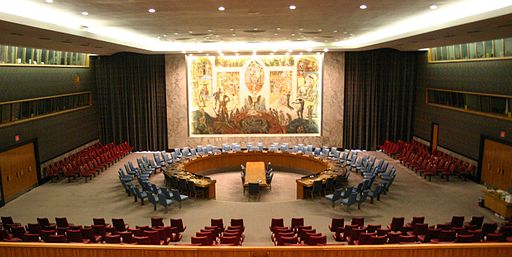
This week, while the world paused to remember the 800,000 lives that were lost 20 years ago during the Rwandan genocide, violence rages in nearby Central African Republic (CAR). Following decades of weak governance, the Seleka militia seized the capital in March 2013 and ousted the President from office.
Since this time, CAR has descended into lawlessness and violence as the Seleka forces have proven difficult to control. Predominantly Muslim, these forces have committed grave human rights abuses against civilians throughout the country and have especially targeted the majority Christian population. In response, Christian self-defense groups, known as Anti-Balaka, formed with the goal of defending vulnerable communities, but in turn began reprisal attacks that forced the displacement of Muslim communities.
Thousands of civilians have been killed and displaced in recent months and MISCA, the African Union peacekeeping force, has struggled to protect civilians. MISCA is simply too small and under-resourced to fulfill its mandate. As the security conditions have continued to deteriorate and the threat of genocide looms, civil society in CAR, the US and in Europe have urged the UN Security Council to authorize a UN peacekeeping operation.
This morning, after months of lobbying and advocacy, the UN Security Council did just that. A new UN peacekeeping operation known as MINUSCA will start deploying troops to CAR in September. Expectations for MINUSCA will be high and their responsibilities are significant. Preparing for elections, assisting in mediation and reconciliation efforts, and building a judicial system are just a few of the monumental tasks assigned to MINUSCA. It will be vitally important for the US to fully fund its portion of MINUSCA’s budget to ensure that it is well resourced Other members of the UN will also have to provide significant support, including contributing troops and providing vitally needed French speaking professionals for the civilian component of this new mission.
Supporting the people of CAR and building effective institutions to provide security and livelihoods will require years of commitment on behalf of the international community. The people of CAR have long been neglected by world, but now is the time to support their efforts to build a brighter future.